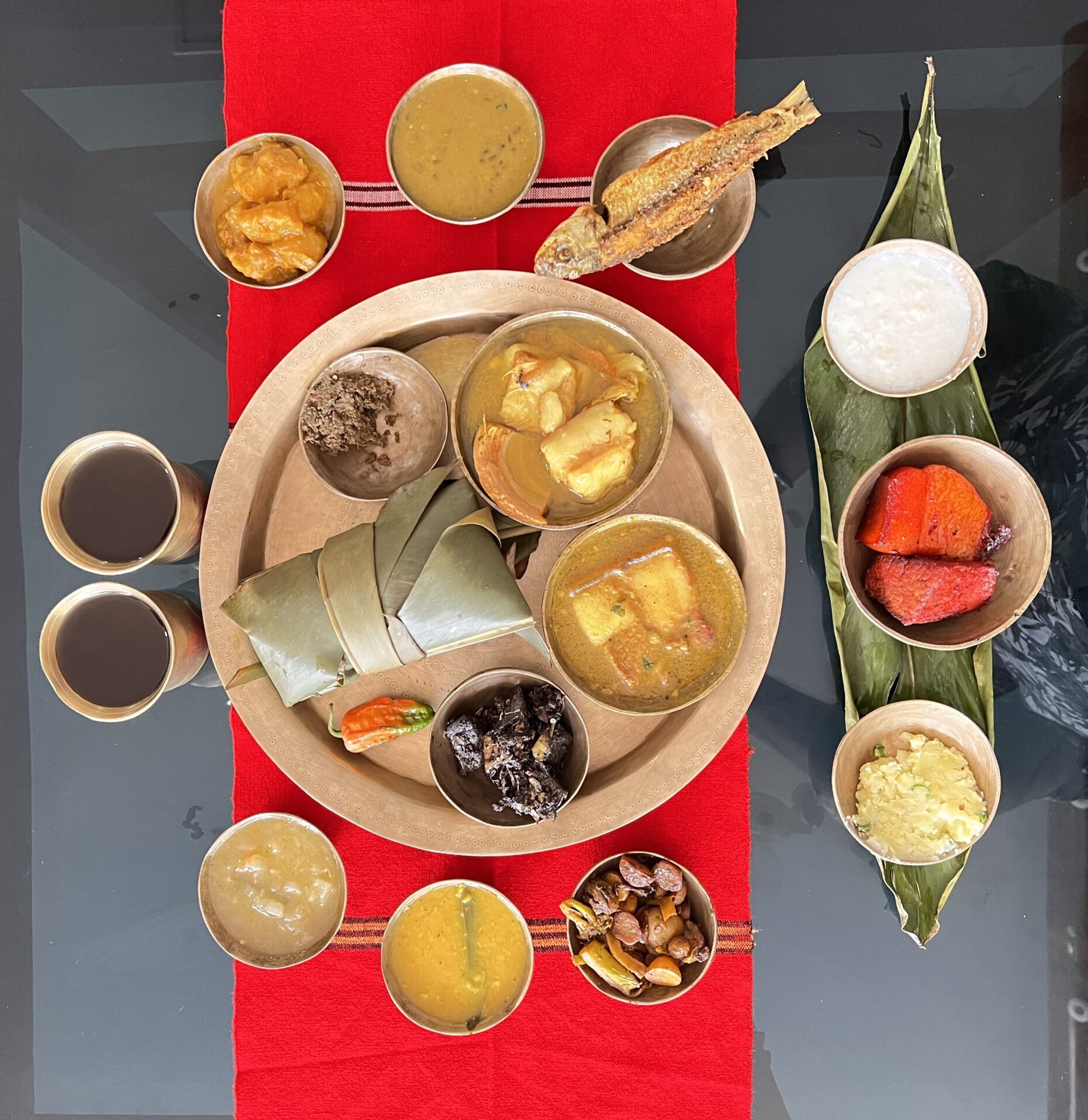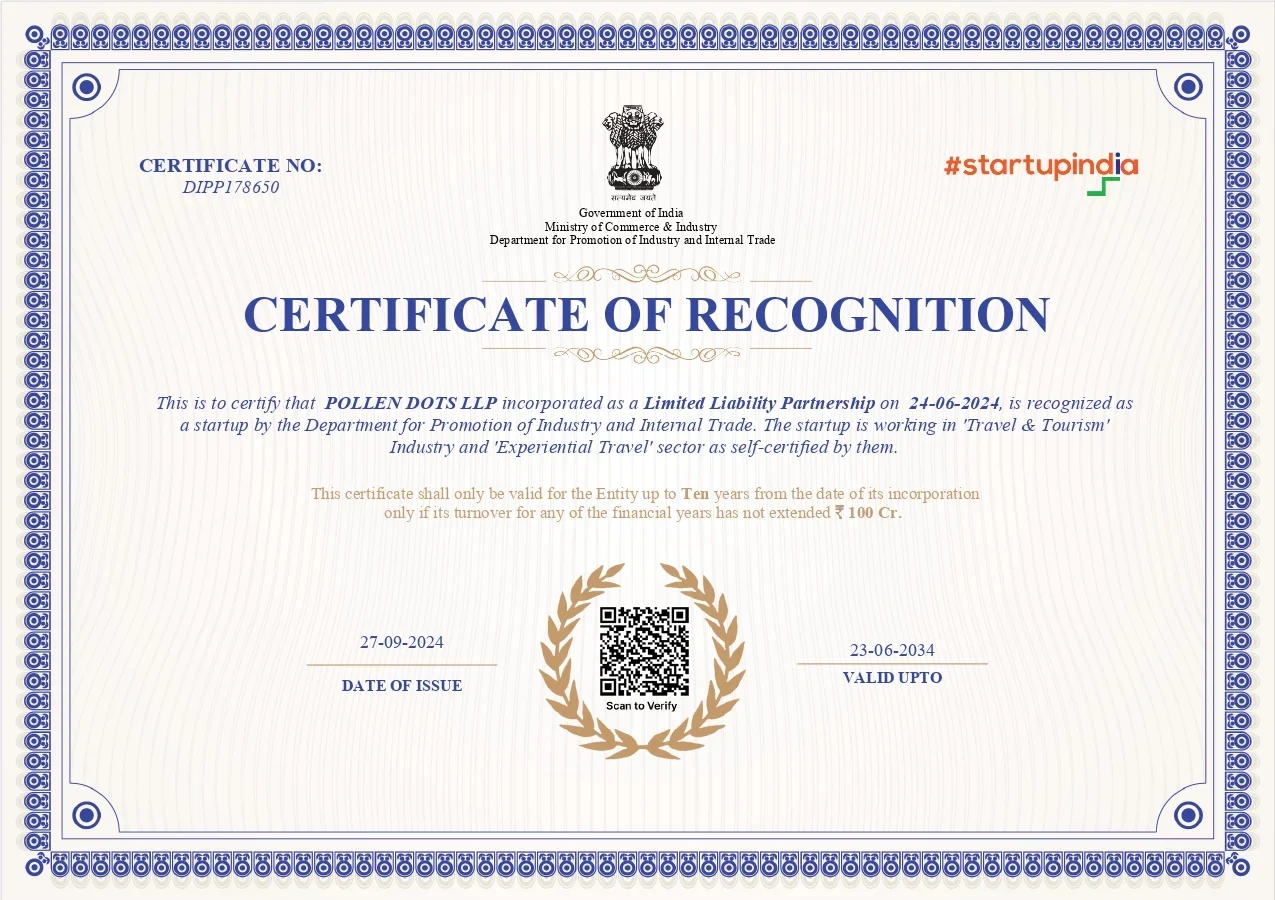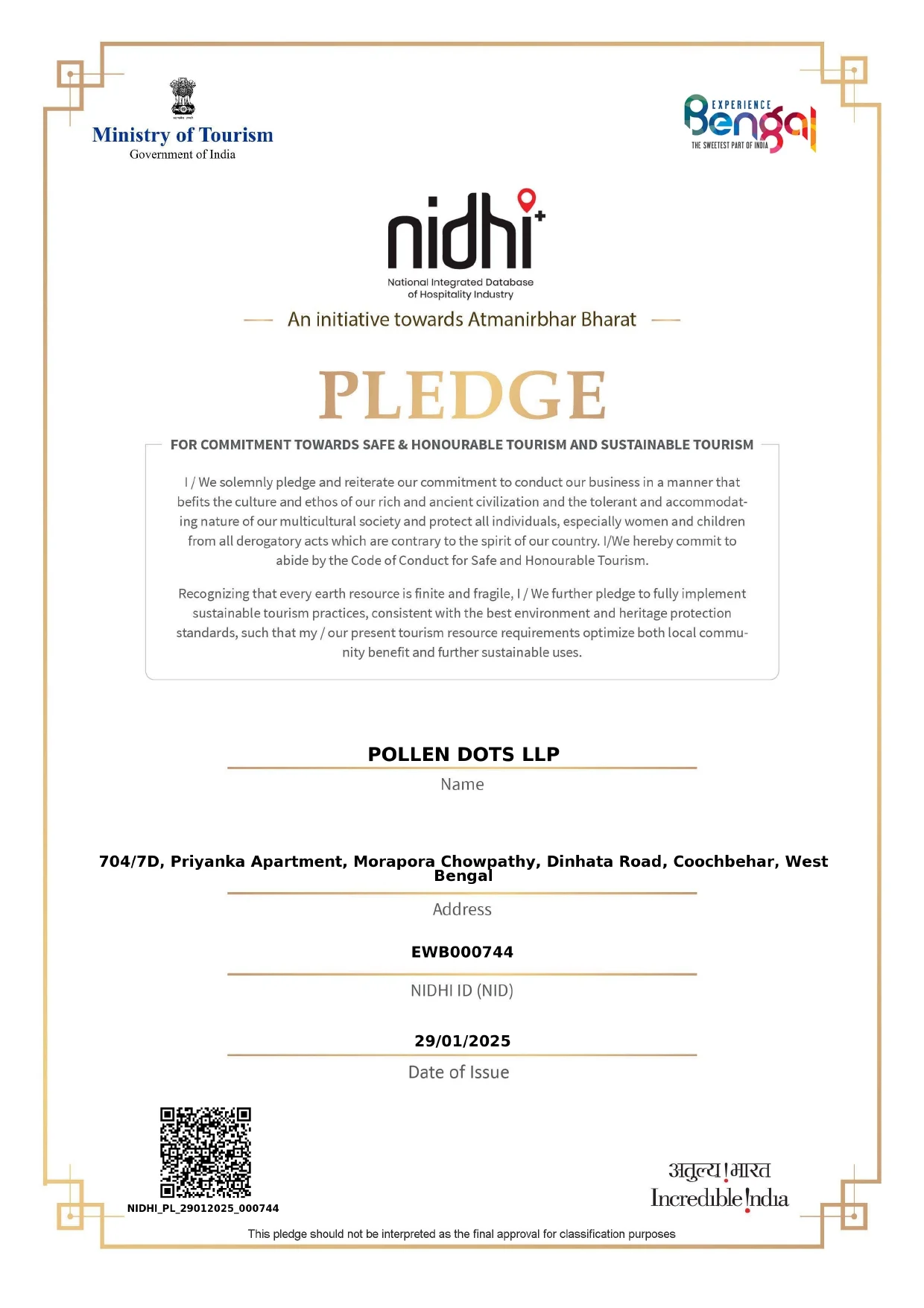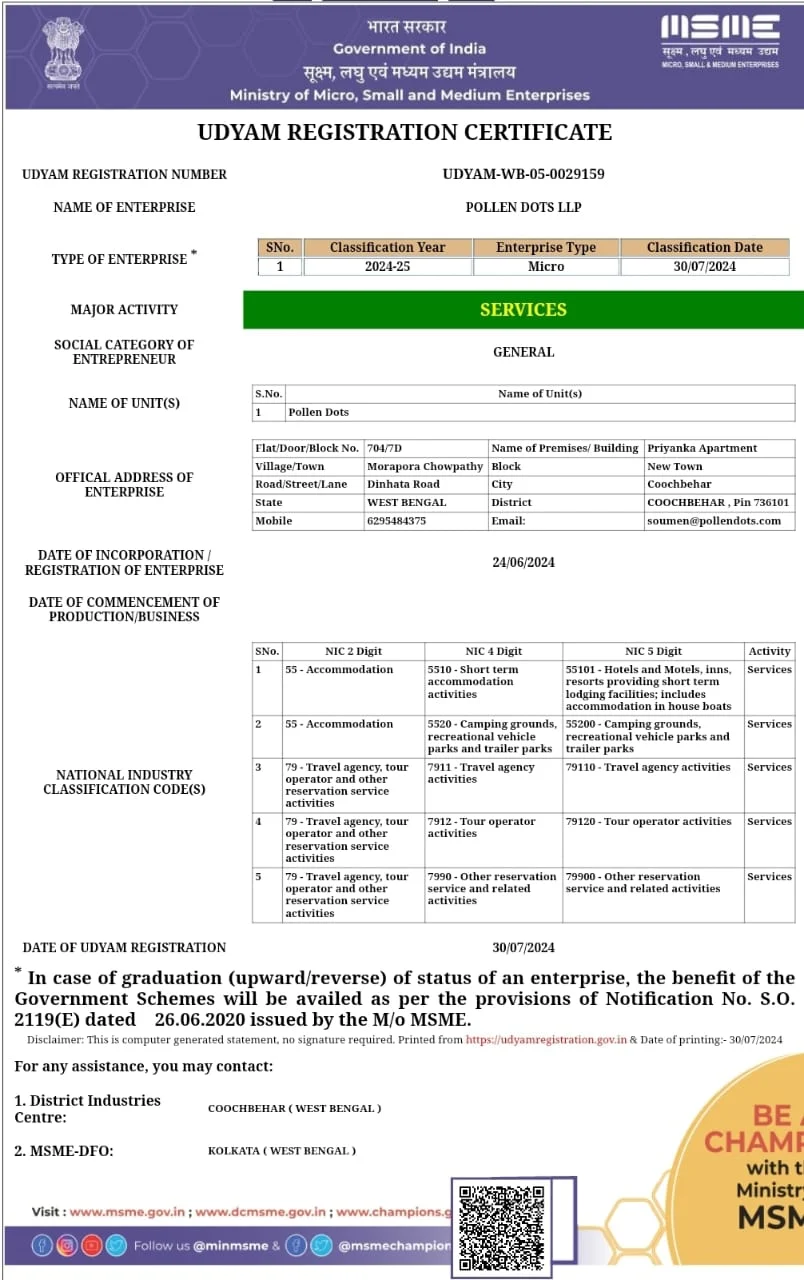Chandubi is not where you go for restaurant reviews — it’s where the food finds you. In the rhythms of forest walks, in the slow smoke curling from a bamboo hut, and in the stories of grandmothers who never wrote a recipe but remember every taste. The food here doesn’t just nourish; it roots you.
Most kitchens in the villages around Chandubi spill into courtyards. Cooking happens over firewood, beside banana leaves, with dogs dozing nearby and children peeling betel nuts. The menu? Wild greens foraged that morning, fresh fish from Chandubi lake, mustard-flavored everything, and rice — always rice.
The Khasis, Garos, Rabhas, and Assamese people living around the area share overlapping culinary languages, yet each has its accents. From bamboo shoot-infused pork to the delicate sourness of the tenga (sour curry), the plate is a quiet rebellion against packaged taste.
Specialties You Should Try
- Bamboo Shoot with Fish/Pork:
- Fermented bamboo shoot adds sharpness to a dish that simmers slowly.
- Khar:
- A traditional alkaline dish made with raw papaya, pulses, and banana stem ash — a signature Assamese touch.
- Poita Bhat:
- Fermented rice eaten cold, with mustard oil, onion, and chillies — a meal for the body, and memory.
- Tenga Curry with Lake Fish:
- Light and tangy, this is a bowl of Chandubi’s water, soul, and sunshine.

A Morning at the Weekly Market
The Chandubi weekly haat is a crash course in seasonal abundance. Wild mushrooms, red ants, silk cocoons, and sticky rice cakes share space with stories and gossip. This isn’t a place to bargain — it’s a place to learn. One elder said, “Food that grows here knows what we need before we do.”
A Tea Break with Something More
Near the lake, an elderly woman serves black tea in reused glass tumblers. She offers puffed rice and jaggery. “This is not snack,” she smiles. “This is memory.”
Know Before You Go
- Ask before clicking: Respect the kitchen space; many households are private and sacred.
- Don’t expect menus: The best meals are what’s already cooking.
- Carry reusable containers: You might get offered leftovers — that’s love in a bowl.
Chandubi teaches us that food isn’t always plated; sometimes, it’s shared over laughter and silence. It’s smoke, spice, and generosity — passed not down but around.
In some places, you eat to fill. In Chandubi, you eat to feel.”
















